Conference Speakers
Keynote Speeches
Plenary Sessions
Workshop
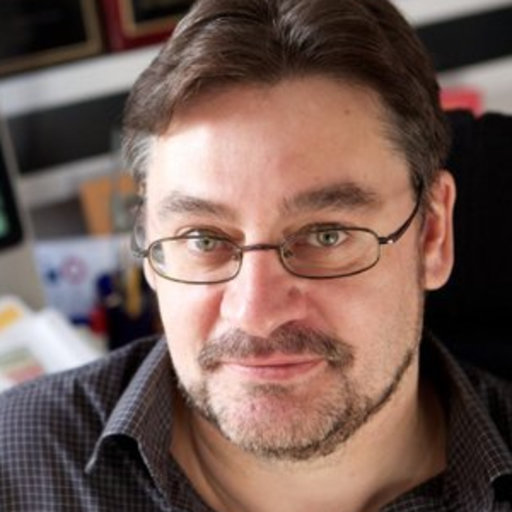
Prof. Mark D. GRIFFITHS, PhD, BSc
Dr. Mark Griffiths is Distinguished Professor of Behavioural Addiction at Nottingham Trent University. He is a Chartered Psychologist and Director of the International Gaming Research Unit. His main research area is in the area of behavioural addictions (gambling, gaming, internet use, work, sex, and exercise). He has published over 950 refereed papers, five books, and over 160 book chapters. He has won 22 national and/or international awards for his research, teaching, and dissemination. He has acted as a consultant for many government bodies in the UK as well as other countries. He is also a freelance journalist and has appeared on over 3500 radio and television programmes.
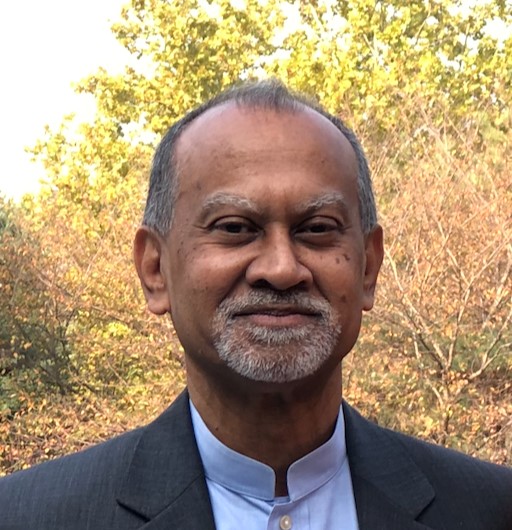
Prof. Nirbhay N. SINGH, PhD, BCBA-D
Prof. Singh is a Clinical Professor of Psychiatry at Augusta University. His current research interests are in the areas of mindfulness, assistive technology, and positive behavior support. He has developed several mindfulness-based programs, including Mindfulness-Based Positive Behavior Support (MBPBS), Mindfulness-Based Health Wellness (MBHW), and Soles of the Feet (SoF). He is the editor of two international journals, Mindfulness and Advances in Neurodevelopmental Disorders, and has over 725 peer-reviewed publications, including 25 books.

Dr. Chih-hung KO, MD
Dr. Ko is a Psychiatrist of Kaohsiung Medical University Hospital and Associate Professor in the Faculty of Medicine at Kaohsiung Medical University. He specializes in internet addiction, sleep disorder, premenstrual dysphoric disorder and functional magnetic imaging.
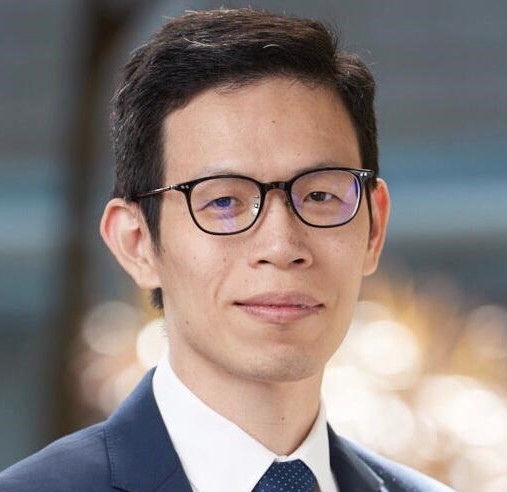
Dr. Kelvin Man-ping WANG, PhD, MPH, FAAN
Dr. Wang is a Registered Nurse and Associate Professor at the School of Nursing of the University of Hong Kong. His research interests are in addictive behaviours intervention including tobacco and smoking, alcohol mis-use, gaming addiction and health interventions. He acts as council member of Hong Kong Council on Smoking and Health and member of the Society for Nicotine & Tobacco Research, and Fellow of American Academy of Nursing.

Ms. Rosana Wai-man WONG, MPhil, EMBA, MDes, BA(Hons)
Ms. Wong is the Vice President of Smart City Consortium and has over a decade of entrepreneurial experience. She is driven by her passion for combining technology, innovation and science with sustainable ecosystem in energy and environmental systems. She also takes advisory roles in various government and corporate bodies, including Environment and Conservation Fund Committee and Transport Advisory Committee.
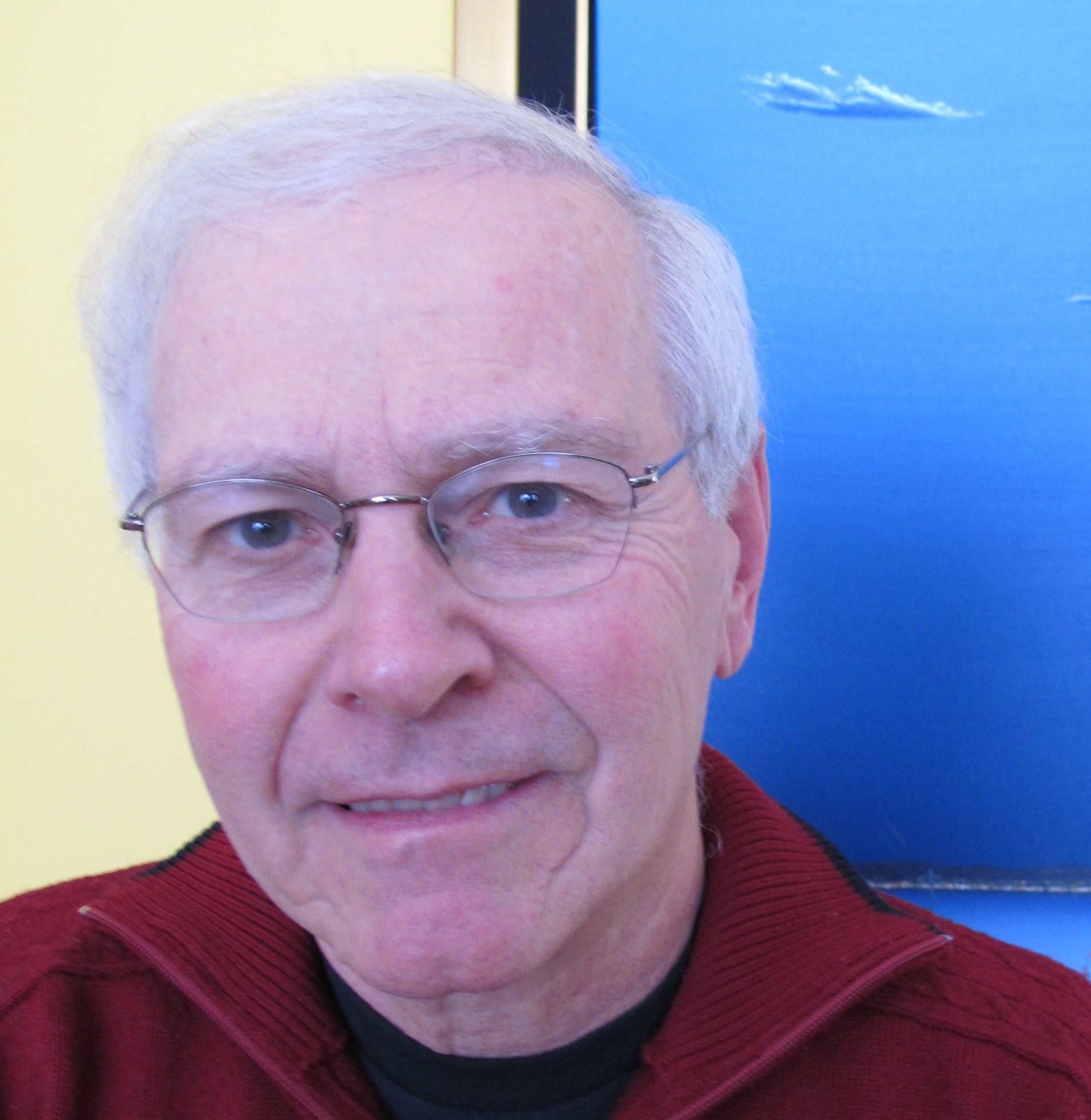
Prof. Robert LADOUCEUR, PhD
Professor Ladouceur is a pioneer in the field of problem gambling. His work is internationally known. His cognitive treatment for pathological gamblers developed at Laval University, Québec, Canada, is widely used around the world. His book written with Stella Lachance entitled ‘Over coming pathological Gambling” was published by Oxford Press in 2007 (English), is now available in many languages including, Japanese, Islandic, Finnish etc. Last year, Oxford University Press published his latest book on Responsible Gambling, entitled “Responsible Gambling: Primary Stakeholder Perspectives” (2019). This book presents the state of the art of the theory and practices of responsible gambling as conceptualised by different stakeholders such as clinicians, researchers, operators, and policy makers.
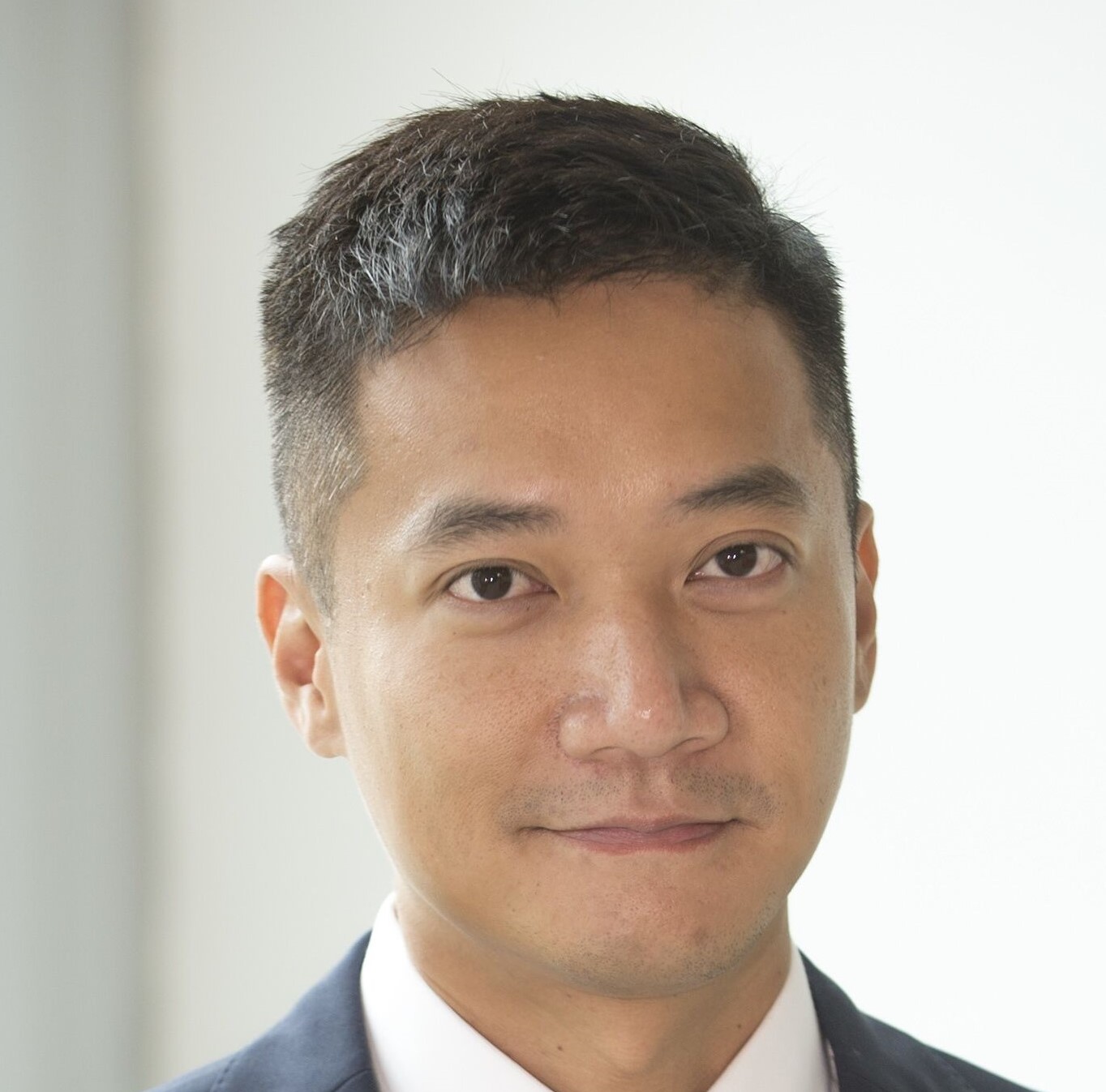
Prof. Samuel Yeung-shan WONG, MD, MPH
Prof. Wong is the Director of the JC School of Public Health and Primary Care at The Chinese University of Hong Kong. He is a clinician with training in both Family Medicine and Public Health. His research interests include evaluating and developing mindfulness-based and mental health interventions in primary care. He has also acted as an advisor to various government bodies.
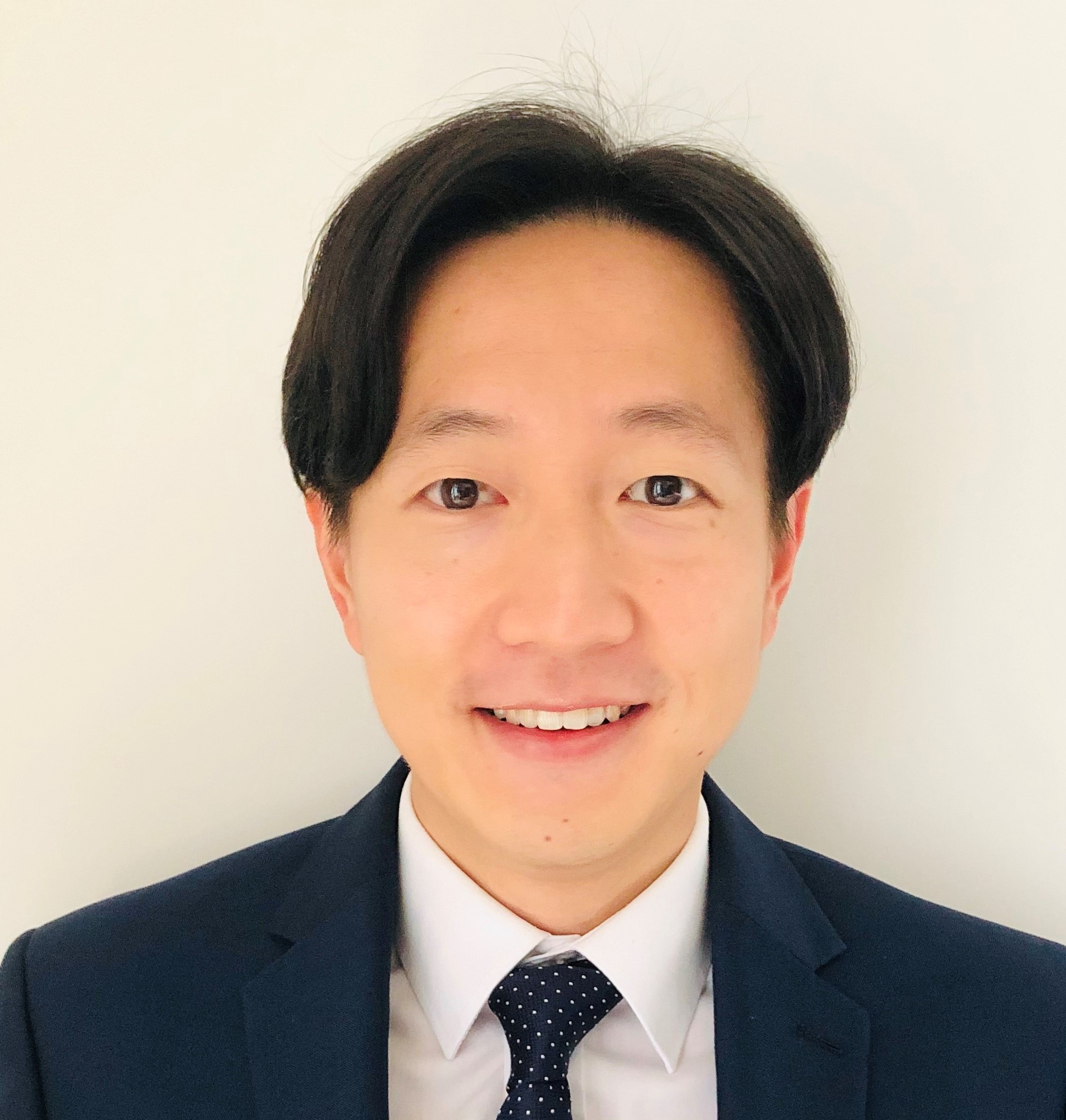
Mr. Ka-tsun TING, MSSc
Mr. Ting is a registered Clinical Psychologist in Hong Kong, and he works in the adult psychiatry department of Kowloon Hospital. He received Mindfulness-based Cognitive Therapy (MBCT) teacher 6-day retreat training organized by Oxford Mindfulness Center as well as Dr. Neha Chawla’s Mindfulness-based Relapse Prevention (MBRP) 2-day workshop training. He has been teaching mindfulness class for public and has been involving in various mindfulness researches, e.g. mindfulness group for people with psychosis, MBCT for complicated grief, MBRP for smoking cessation.